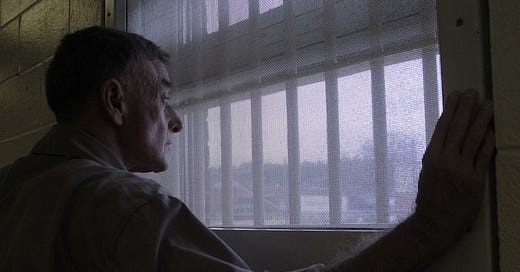100 Must-See Documentaries Streaming on Netflix This August
Because people say there are no good movies on Netflix anymore.
Welcome to another monthly edition of our Netflix 100. August seems to be pretty quiet as far as new and also expiring titles on the documentary front. Only one of our usual titles has ceased streaming on Netflix: Errol Morris‘s Tabloid. In its place is the only notable essential added to th…
Keep reading with a 7-day free trial
Subscribe to Nonfics to keep reading this post and get 7 days of free access to the full post archives.



